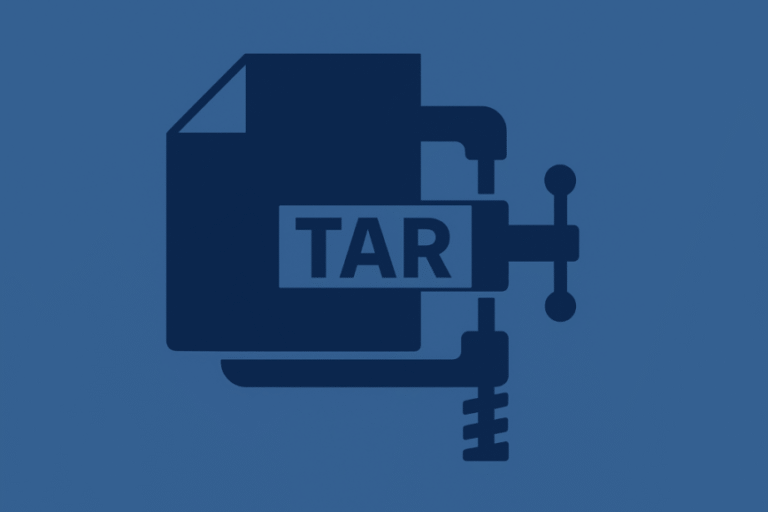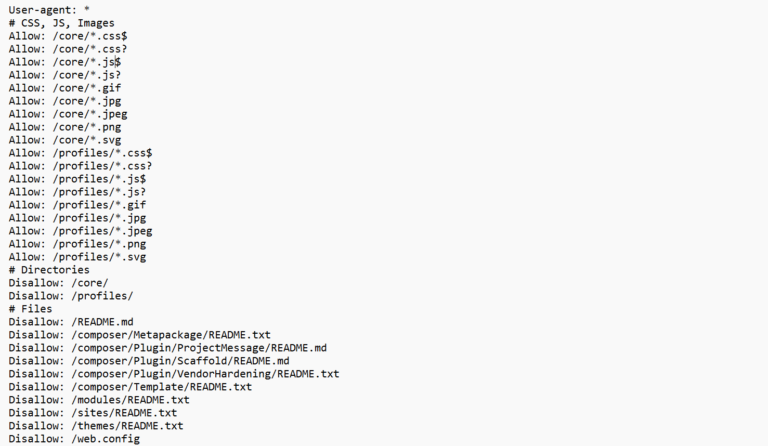
Complying with ISO 27001 means your organization has a systematic and documented approach to managing information risks and protecting valuable data assets. This reassures your customers and stakeholders that their data is properly protected. Most companies even require their business partners to be ISO 27001 certified.
The ISO 27001 framework is flexible enough to work with any company size or industry. You can customize controls to match your specific needs and scale the ISMS as your business grows. This is ideal for startups, letting you start simple and build over time.
What is ISO 27001?
Achieving ISO 27001 certification serves as a powerful signal to customers, partners, and stakeholders that the organization takes data protection seriously and has implemented robust measures to safeguard sensitive information.
Why it’s Important
As a startup, you have a lot on your plate. While growth is key, you can’t ignore data protection regulations like GDPR. By implementing ISO 27001, you’ll establish controls and best practices to securely manage company data, which makes complying with data protection regulations much more straightforward, and address the following key data protection concerns in the process:
What’s Involved
While implementing ISO 27001 requires an initial investment, the long-term benefits, including reduced risk of data breaches, fines, and reputational damage, can potentially outweigh the costs.
You’ve probably heard a lot about data protection frameworks and regulations and the need for companies to properly secure customer data and comply, but if you’re not an IT or compliance expert, you may be wondering exactly how your business can implement strong data security controls and ensure you’re following best practices. That’s where ISO 27001 comes in. This globally recognized standard outlines requirements for an information security management system that can help your organization stay in line with best data security and protection practices.
How ISO 27001 Helps Startups Comply With Data Protection
ISO 27001’s cyclical approach to risk management and continuous improvement ensures that data protection practices are regularly reviewed and updated to address emerging threats and changing regulatory requirements.
Data Privacy
To achieve ISO 27001 certification, you need to implement controls and procedures that ensure the protection of your information assets. This includes things like appointing key security roles, conducting risk assessments, establishing security policies, implementing technical controls, training employees, and monitoring compliance. You then need to have your ISMS audited by an accredited certification body to verify you meet the ISO 27001 requirements.
Data Security
So there you have it. Implementing an ISO 27001 certified information security management system can give you a systematic and structured approach to protecting your data and staying compliant. It shows customers and stakeholders you take security seriously and have best practices in place. The certification also helps ensure continuous review and improvement. While it takes effort to implement, maintain, and get certified, ISO 27001 gives you a competitive advantage and peace of mind that your data is protected to a high global standard. So, what are you waiting for? Start reaping the benefits today by working towards ISO 27001 certification. Your data, reputation, and bottom line will thank you.
Continuous Improvement
ISO 27001 is an international standard that outlines the requirements for establishing, implementing, maintaining, and continually improving an information security management system (ISMS). In other words, it’s a set of guidelines to help organizations manage the security of their information assets such as intellectual property, employee details, financial data, and information entrusted to them.
Benefits of ISO 27001 for Startups
Enhanced Data Security Measures
In this article, we’ll break down the basics of ISO 27001 for startups, how implementing this framework can help you comply with data protection, and how to leverage the framework as part of your overall growth strategy.
Demonstrating Compliance with Regulatory Requirements
By implementing the controls and best practices outlined in ISO 27001, organizations can significantly enhance their data security posture, reducing the risk of data breaches and associated consequences.
Building Trust With Customers and Stakeholders
Maintaining certification involves periodic audits to check that your ISMS continues to operate effectively. ISO 27001 also requires continual improvement, so you need to keep enhancing your ISMS to adapt to changes in technology, business practices, and information risks. While the initial implementation can be resource-intensive, the long-term benefits of certification far outweigh the costs. Your information and your customers will be far more secure as a result.
Cost-Effective Approach to Data Protection
The standard provides guidelines for implementing technical and organizational measures to safeguard data from unauthorized access, disclosure, or misuse.
Scalable and Customized
By Gary Bernstein
Are You ISO 27001 Compliant?
ISO 27001 provides a structured approach to meeting data protection regulations, enabling organizations to demonstrate their commitment to protecting sensitive information and adhering to legal obligations.
ISO 27001 emphasizes the importance of protecting personal and sensitive information, aligning with data protection principles like purpose limitation, data minimization, and storage limitation.





